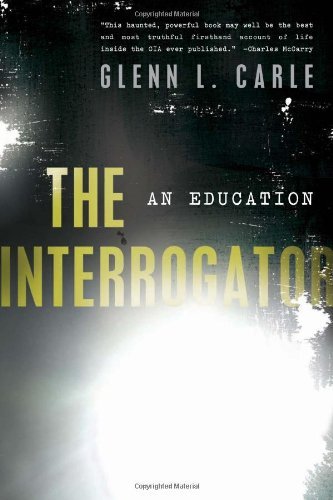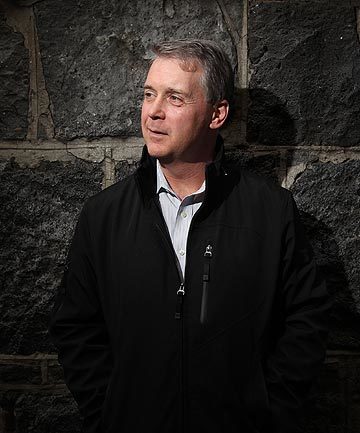What do you think?
Rate this book


336 pages, Hardcover
First published January 1, 2011

Once the institution settles on a perspective and a course of action, it interprets other views as proofs of error. Critical thought degenerates into orthodoxy…One risks excommunication to challenge orthodoxy, even if it maintains that the sun revolves around the earth, or that we must sacrifice humans to propitiate the gods, or, well, that men are not quite what we believed.Carle made some attempts to convince his superiors that CAPTUS was not who the analysts thought he was, but his concerns were dismissed, and sometimes not even forwarded to their intended recipients.
Condemning individual acts is easy and avoids the explosive—perhaps insoluble—social dilemmas that come from rational analysis and open discourse about any faith. Condemming jihadists avoids passing judgment about beliefs. But tolerance, which is fundamental for a diverse society that prizes inquiry, can have the by-product of intellectual and moral relativism, which dulls thought and creates its own taboos against critical analysis of the implications of any belief.There is certainly cause for concern from his exchange with the Muslim desk clerk, but his conclusion that Islam is incompatible with Western society takes it too far.
The very concept of a civil society is incompatible with a totalitarian religion. But if jihadists represented a distilled version of broadly shared beliefs, if men burned blasphemers alive, if bearded bombers were the champions of a prim matron’s faith, then one was confronted with the awkward, the perilous, obligation to acknowledge that some religious or philosophical views were incompatible and irreconcilable with the fundamental liberal values of Western civilization.